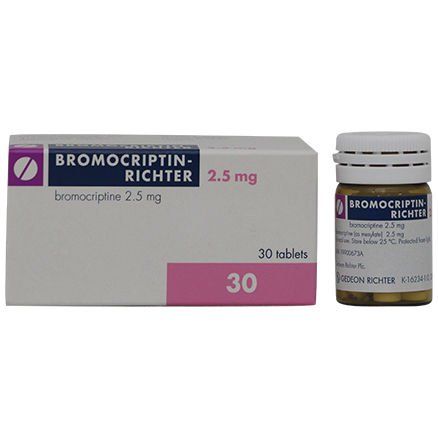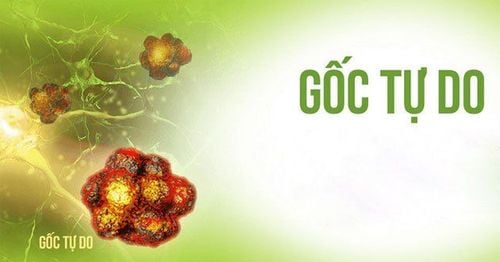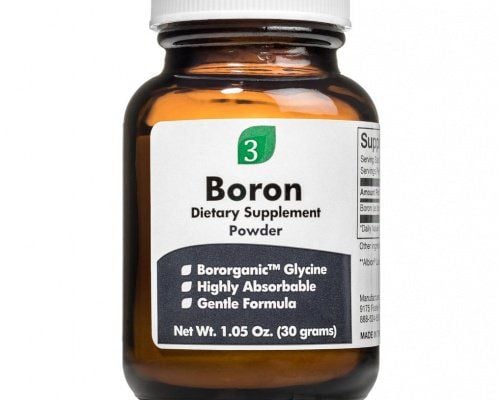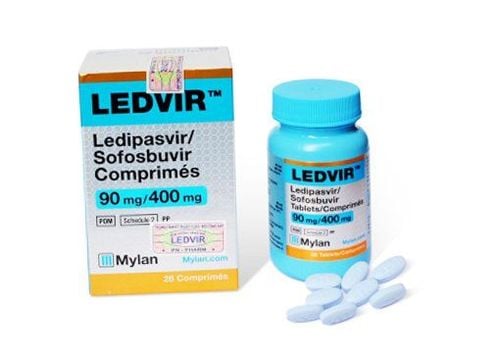This is an automatically translated article.
No matter what age you are, it may not be too early or too late to start thinking about healthy aging. Because we all age every day, think of healthy aging as a “natural process” and most people can adopt a healthy lifestyle for a healthy aging process. .
1. What is healthy aging?
It's never too late to start making changes that improve your health. Since each of us gets older every day, it makes perfect sense to think of healthy body aging as a “natural course of life” process. That means most people can be on the "path" of healthy aging.
Parents can teach their children healthy living habits by starting early, so that healthy behaviors can last a lifetime. If you haven't had the full benefits of learning healthy and anti-aging lifestyle habits at a young age, now is the perfect time to help you make progress and move towards a healthier life.
2. Scientific tips for healthy aging 2.1. Eat the right foods for your body's balance
You probably know that eating well is important at any age. However, as the body ages, eating the right amount of healthy foods can help reduce the risk of many diseases, including diabetes, heart disease, and certain types of cancer.
Eating whole foods is a more sensible way of eating than a diet. You get plenty of vegetables, fruits, whole grains, nuts, and low-fat dairy. Many studies have found that a diet filled with whole foods can help you live longer and protect against heart disease, cancer, Parkinson's and Alzheimer's disease. Researchers believe it works by physically altering parts of the body's chromosomes that are implicated in diseases related to the aging process.
Adding fiber to your diet at every meal and snack will help you stay healthy. Instead of using white bread, you should use whole grains. Fiber lowers the body's cholesterol levels and reduces the risk of heart disease, type 2 diabetes, and colon cancer. At the same time, fiber also helps you avoid constipation, which often occurs in older people. After age 50, men should get 30 grams of fiber per day and women should get 21 grams per day.
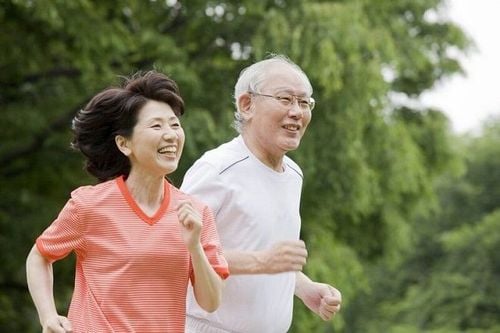
Hầu hết mọi người đều có thể thực hiện lối sống lành mạnh để có quá trình già khỏe mạnh.
2.2. Combined exercise promotes healthy aging The habit and timing of exercising at the gym can be difficult for some people, including healthy elderly people. However, in most situations, you can do compound exercises with ease, such as walking. You won't be using the elevator and will instead take the stairs and the activity will help you keep your blood flowing, your muscles moving, and your joints healthy. Any form of exercise can help you manage stress and improve your health.
Set a goal of 30 minutes a day. If the goal is too much, break it down into shorter workouts. Regular exercise offers health benefits. Exercise also helps keep brain cells healthy by providing more blood and oxygen. Health related studies show that aerobic exercise can delay or improve symptoms of Alzheimer's disease and:
Control your weight; Boost your mood; Keep bones and muscles strong; Help you sleep better; Reduced risk of heart disease, type 2 diabetes, high blood pressure and high cholesterol. 2.3. See your doctor and keep up to date with your regular checkups The key to getting you on the path to healthy aging is getting regular checkups. Taking care of your health is more than simply being taken care of when you're not feeling well. These visits can help find health-related problems early or even before they start.
Your tests are done depending on factors such as your age, sex, family history, and whether you smoke or exercise. Furthermore, the doctor will check some information related to Cholesterol Level, high blood pressure, cervical cancer, colon cancer, breast cancer, prostate cancer...
2. 4. Quality sleep for healthy aging Many of us seem to get less sleep than we need, but healthy sleep habits are key to vitality, function and independence. If you have trouble sleeping, talk to your doctor to find out the cause. There are treatable sleep disorders and other medical considerations to consider with your health care team for better sleep.
2.5. Creating and maintaining relationships and socializing Loneliness can be harmful to your health. If you feel lonely – whether you live alone or with someone, have many friends or not – you are more likely to experience dementia or depression. Middle-aged people who say they often feel abandoned and isolated have more difficulty with daily tasks such as bathing and climbing stairs. They are also more likely to die than those who are less lonely.
The researchers found that people who were lonely had higher levels of stress hormones that cause inflammation or swelling, typical with diseases linked to arthritis and diabetes.
Another study found more antibodies to certain herpes viruses in lonely people, a sign of stress in their immune systems. So connect or make new people, volunteer or simply help someone in need
2.6. Quit Smoking Tobacco can harm almost every organ in your body. Cigarettes, chewing tobacco and other products containing high levels of nicotine can increase risk factors for heart disease, cancer, lung disease, gum disease and many other health problems.
It's never too late to give up smoking and build a healthy lifestyle. After giving up smoking, your body begins to recover within 20 minutes of your last cigarette. Health-related risks such as cardiovascular disease are also immediately reduced.

Từ bỏ thuốc lá và xây dựng một lối sống lành mạnh sẽ giúp bạn có quãng thời gian già khỏe mạnh
2.7. Keeping your mind at ease Keeping your brain active is just as important as keeping your body fit. You can solve crossword puzzles and computer games designed to keep your brain active. Volunteer and find ways to contribute using skills learned throughout your life. However, you can also travel to new places, read books and magazines or take classes and learn new skills to keep your mind active and healthy.
2.8. Tai Chi is a gentle exercise that combines slow movements and deep breathing. Tai chi can help seniors avoid falls, a leading cause of injury in the elderly. Tai chi can also help you:
Reduce stress; Improve balance; Strengthen muscles; Increased flexibility; Pain relief from arthritis. 2.9. Choose healthy supplements Generally, you should get your nutrients from food, not from pills, and don't usually need supplements specifically made for the elderly. After age 50, your body needs more vitamins and minerals from food or supplements than before.
Healthy food supplements include:
Calcium to keep the skeleton strong; Vitamin D: Most people get vitamin D from sunlight, but some elderly people may not get enough due to limited time outside. Vitamin B12: Older adults have a hard time absorbing vitamin B12 from food, so you can use fortified cereals or supplements. Vitamin B6: Vitamin B6 has a role in keeping your red blood cells strong to transport oxygen around your body. You should consult your doctor when choosing supplements.
Your goal may not be to live longer, but to increase the number of healthy years you will have in the future. So live a healthy life now so you can enjoy what life has to offer.
Please dial HOTLINE for more information or register for an appointment HERE. Download MyVinmec app to make appointments faster and to manage your bookings easily.
References: sydney.edu.au, webmd.com, pfizer.com




